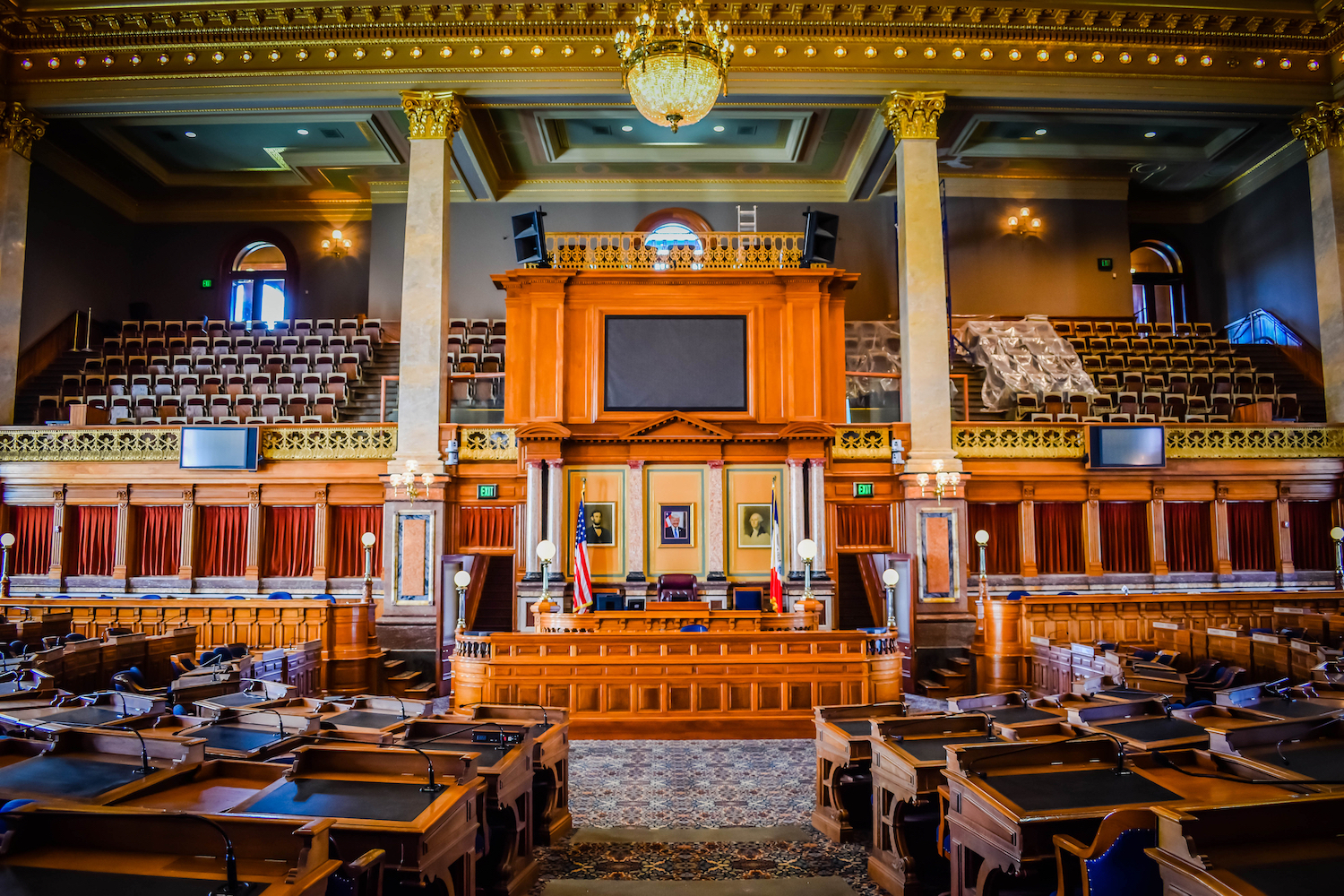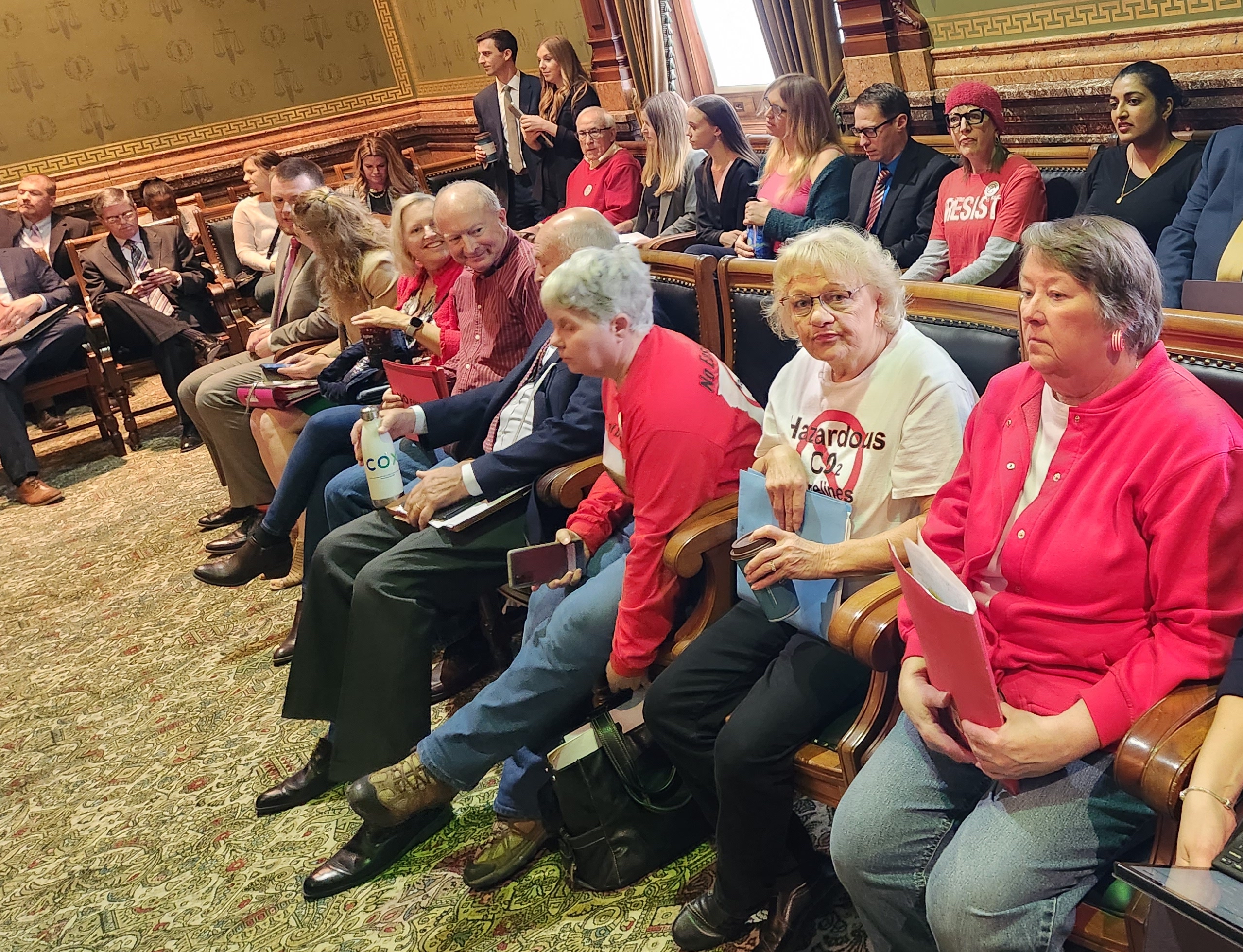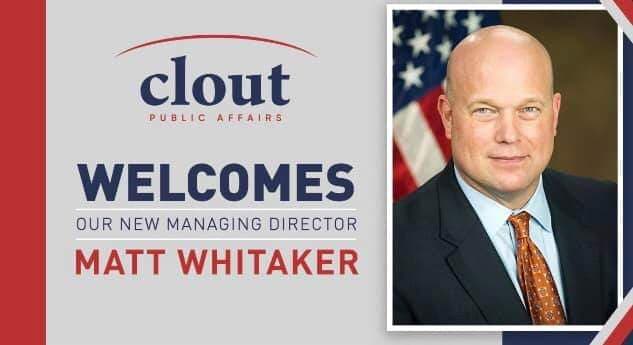Normally, big changes in the Iowa legislature happen the year after a general election. But there has been much more turnover than usual in the Iowa House since last spring. With two Republicans running for Congress and another resigning from the legislature to take a Trump administration job, a chain reaction leaves ten House committees with a different leader for the 2026 session.
The overall balance of power remains the same: 67 Republicans and 33 Democrats in the chamber. Each party has some new faces in the leadership team, however. All of those details are listed below, along with committee assignments and background on all committee chairs and ranking members. As needed, I’ve noted changes since last year’s session.
Nineteen House members (fourteen Republicans and five Democrats) are serving their first term in the legislature—three more than in 2025, due to special elections that happened last March, April, and December.
The number of women serving in the chamber crept up from 27 at the beginning of 2025 to 29 as of January 2026, since Democrat Angel Ramirez succeeded Sami Scheetz in House district 78 and Republican Wendy Larson was elected to replace Mike Sexton in House district 7. The ratio of 71 men and 29 women is the same as during the 2024 session.
Six African Americans (Democrats Jerome Amos, Jr., Ruth Ann Gaines, Rob Johnson, Mary Madison, and Ross Wilburn, and Republican Eddie Andrews) serve in the legislature’s lower chamber. Gaines chairs the Iowa Legislative Black Caucus.
Republican Mark Cisneros became the first Latino elected to the Iowa legislature in 2020, and Democrat Adam Zabner became the second Latino to serve in the chamber in 2023, and Ramirez the chamber’s first Latina member in 2025.
Republican Henry Stone became the second Asian American ever to serve in the House after the 2020 election. Democrat Megan Srinivas was first elected in 2022. The other representatives are white.
Three House members identify as part of the LGBTQ community: Democrats Elinor Levin and Aime Wichtendahl, and Republican Austin Harris. As for religious diversity, Levin and Zabner are Jewish. Srinivas is Hindu. The chamber has had no Muslim members since Ako Abdul-Samad retired in 2024.
Some non-political trivia: the 100 Iowa House members include two with the surname Meyer (a Democrat and a Republican), two Johnsons (a Democrat and a Republican), and a Thompson and a Thomson (both Republicans).
As for popular first names, there are four men named David (one goes by Dave), three named Thomas or Tom, three Roberts (two Bobs and a Bobby), a Jon and a John, a Josh and a Joshua, a Mike and a Michael, and two men each named Jeff, Dan, Brian, Steven, Chad, Austin, and Mark. There is also an Elizabeth and a Beth, and two women each named Jennifer, Heather, Megan, and Shannon. As recently as 2020, four women named Mary served in the Iowa House, but now there is only one.
Continue Reading...













